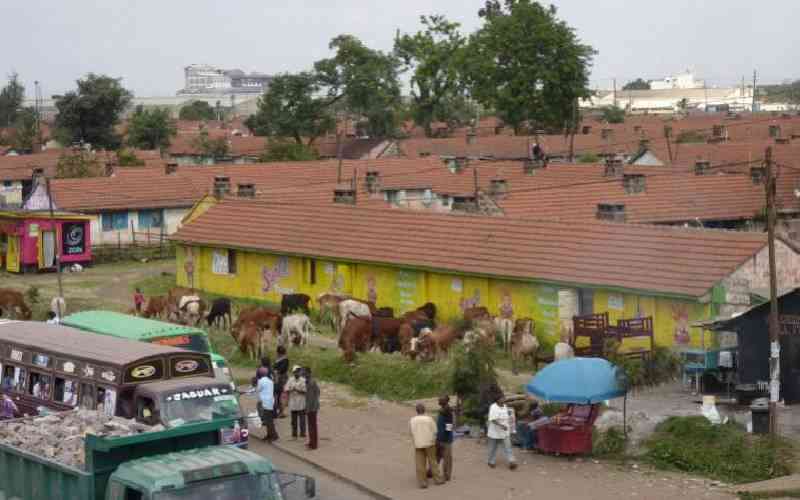×
The Standard e-Paper
Read Offline Anywhere

Audio By Vocalize

Nairobi residents living in houses earmarked for demolition in old estates to pave the way for affordable housing are sceptical that once they move, they will not be allocated new units.
Those who spoke to The Standard noted that although the idea both from the national government and Nairobi City County Government is noble, the plan is shrouded in mystery.